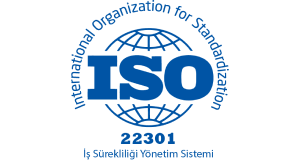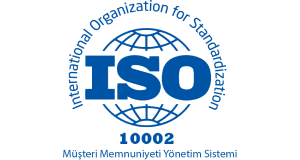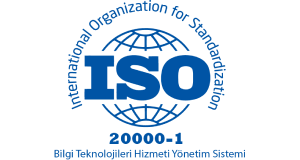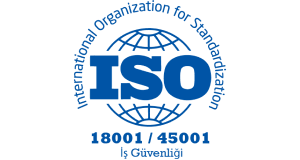This change in practice is aimed at stepping up/enhancing the use of trade defence instruments and is part of the Commission’s ongoing efforts to tackle the effects of unfair competition, including overcapacity. Until now imports were usually registered only upon a justified request from EU industry.
The registration of imports of products under investigation in anti-dumping or anti-subsidy cases will simplify procedures and alleviate the burden placed on industry, while also providing the Commission with precise and accurate information about the source and quantities of imports of a product under investigation, as well as broader market developments. This would also prevent sharp increases in imports of products under investigation ahead of the imposition of the measures.
The purpose of registration of imports of products under investigation is to enable the retroactive collection of anti-dumping and countervailing duties if the legal conditions are met. However, the retroactive collection is not automatic and is subject to certain conditions; that decision is taken only at the definitive stage of each investigation.
The registration will be carried out by Member-State customs authorities as directed by the European Commission via individual Implementing Regulations.
Background
The basic anti-dumping and anti-subsidy Regulations enable the Commission to direct Member-State customs authorities to register imports of a product which is subject to a pending anti-dumping or anti-subsidy investigation, so that measures may subsequently be applied against those imports from the date of such registration. According to Article 14(5) of the basic anti-dumping regulation and Article 24(5) of the basic anti-subsidy regulation, imports shall be made subject to registration following a request from the Union industry, which contains sufficient evidence to justify such action. Imports may also be made subject to registration on the Commission’s own initiative.














